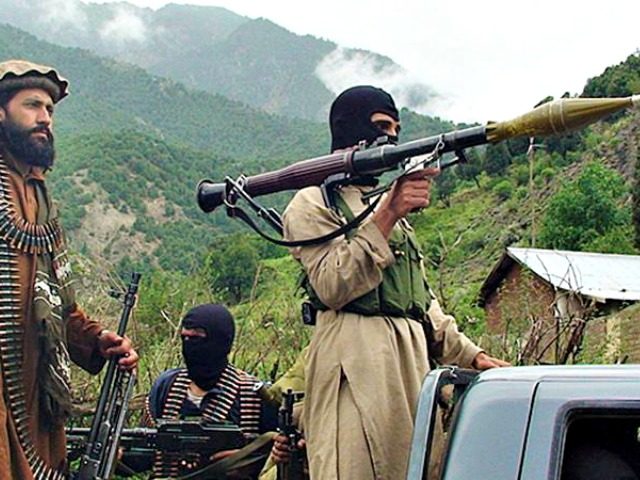Afghans in Taliban-controlled areas are increasingly forced to pay taxes to the terrorist organization for government services and protection as a “normal state of affairs,” as the level of control Kabul exerts over Afghanistan reaches the lowest point since the war began in October 2001, Reuters reported Tuesday.
Currently, Kabul controls less territory than during any other time since the U.S. drove the jihadi group from power soon after the start of the war 17 years ago, the U.S. Special Inspector General for Afghanistan Reconstruction (SIGAR), a watchdog agency, suggested in a report to the American Congress.
SIGAR revealed that terrorist groups, mainly the Taliban, control or contest about 45 percent of Afghanistan while Kabul holds the rest.
“For many in the growing number of Taliban-controlled areas of Afghanistan, where 40 years of war have eroded the state’s ability to provide basic services, the twin approach of taxes and protection has resulted in an increasing acceptance of Taliban government as a normal state of affairs,” Reuters pointed out.
Taliban spokesman Zabiullah Mujahid acknowledged that the terrorist group is collecting taxes in exchange for protection.
“We have mobile custom teams that normally get assigned in specific locations on large highways close to the borders to collect the tax, especially from large trucks importing or exporting goods,” Mujahid told Reuters. “In most areas, based on agreement with the traders, we provide them security and they pay us 2 percent of the value of their goods.”
Reuters notes that the increase in the size of the area held by the Taliban has boosted the group’s coffers, providing additional funds through taxes on top of the large sums of revenue generated by the opium and heroin trade, considered the group’s top source of income.
“As the insurgents have won ground, levies on land and day-to-day economic activities have added to funds raised from illegal mining and the drug trade, allowing the Taliban to bolster its credentials as a government-in-waiting,” Reuters explains.
“For people living in Taliban-controlled areas, it’s normal to pay taxes to the Taliban, because the Taliban are trying to properly govern the areas under their control,” Abdul, a Kunduz province resident, told Reuters.
The Afghans in Taliban-held territory who spoke to Reuters did not want the news outlet to quote their full name for fear of reprisals.
Reuters found that the Taliban uses its strict tax collectors to tighten its grip over Afghanistan.
“Given the strictness of Taliban regarding [the] implementation of their rules and regulations, I think they raise more from tax collection than the Afghan government,” a resident of a Taliban-held district outside Kunduz city identified only as Mohammaddin told Reuters. “They have proper tax collection and people cannot disobey them in areas they control.”
BBC has determined that the Taliban is active in 70 percent of the country.
Reuters notes:
The Taliban has tended to take over two traditional Islamic levies: zakat, an obligation on Muslims to donate 2.5 percent of their income to the poor; and ushur, a 10 percent tax on harvests or produce taken to market. In addition, electricity and mobile phone bills, which the insurgents collect in return for leaving power pylons and phone masts alone, and small levies on businesses selling daily necessities such as bakeries or flour mills, weave Taliban authority firmly into everyday life.
Kabul has acknowledged it is losing tax revenue to the Taliban.

COMMENTS
Please let us know if you're having issues with commenting.